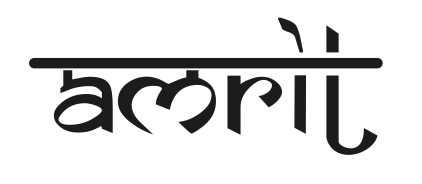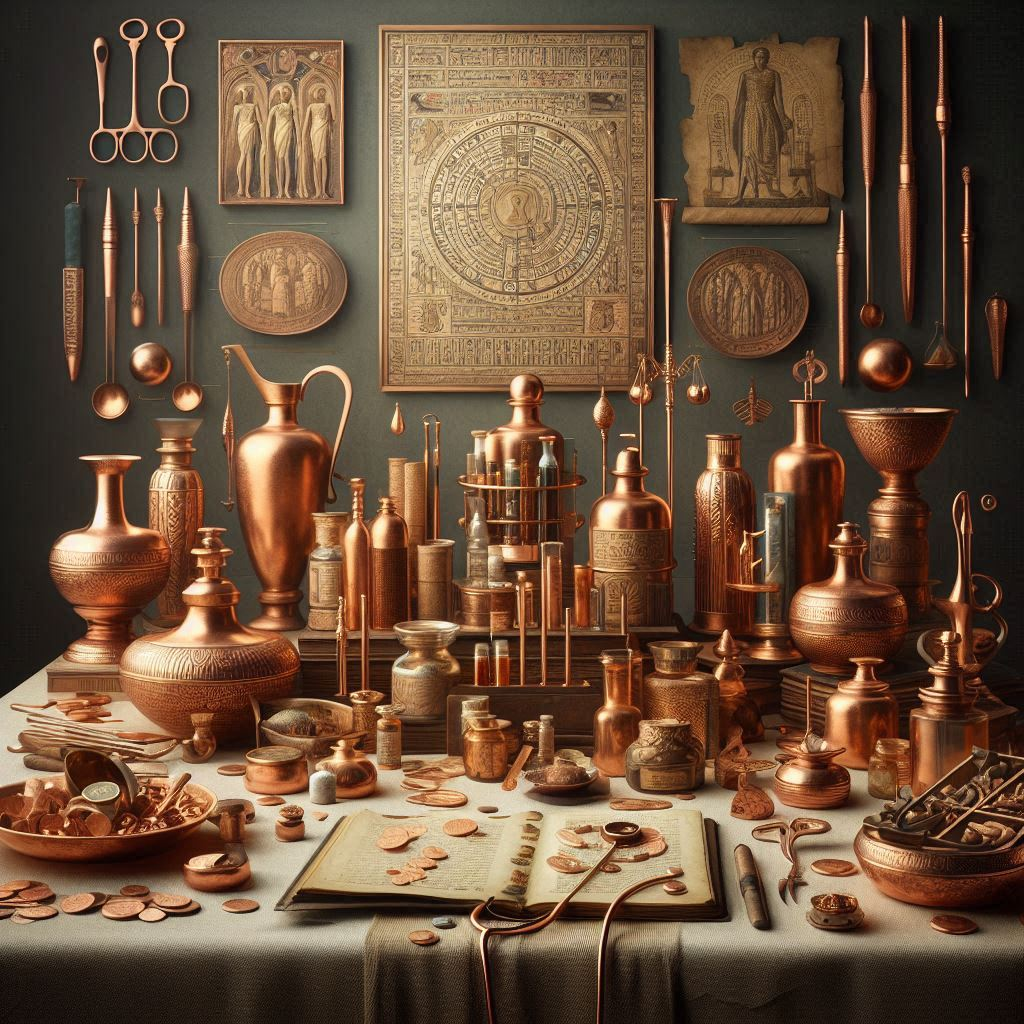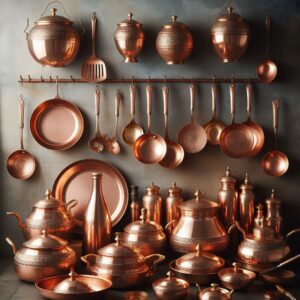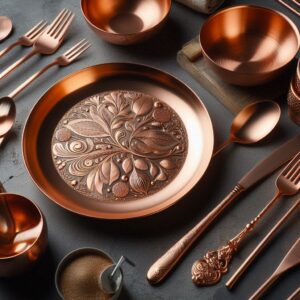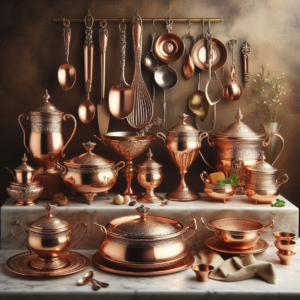Unveiling the Legacy of Copper in Medicine
The Ancient Significance of Copper in Ancient Medicine
Copper in Ancient Medicine has long been more than just a material of choice in ancient civilizations; it was a pivotal element in their medical practices. Both the Egyptians and Greeks, as well as the Chinese, recognized copper’s potential in healing and health. They utilized copper in various innovative ways, including as the best copper water bottles and copper surgical tools. Its inherent antimicrobial properties made copper essential for ancient medical treatments, such as wound care and disease prevention.
Why Understanding Ancient Practices Matters
Understanding the role of copper in ancient medicine provides valuable insights into how past cultures approached health and wellness. If we delve into these historical practices, we gain a deeper appreciation for how traditional methods, including the use of copper water bottles, have influenced modern medicine. Additionally, copper’s historical significance sheds light on why contemporary health enthusiasts often turn to products like pure copper water bottles for their purported benefits. After all, exploring these ancient practices helps us understand the continuity and evolution of medicinal knowledge.
What This Blog Will Cover? Copper in Ancient Medicine
In this blog, we will embark on a journey through the ancient world, examining how copper was used in different cultures, including Egyptian, Greek, Roman, and Chinese societies. We’ll also look at how these ancient practices have shaped current medical understanding and continue to impact today’s wellness trends. From ancient copper water bottles to modern uses, we will explore the fascinating history and ongoing relevance of copper in medicine. Both the historical context and contemporary applications highlight copper’s enduring importance in health and wellness.
Historical Significance of Copper in Ancient Medicine
Ancient Civilizations and Copper Use

Copper in Ancient Medicine has played a vital role across several ancient civilizations. In Egypt, copper was highly prized for its therapeutic properties. The Egyptians used copper in various forms, from surgical instruments to ointments, including copper bottles for medicinal purposes. Its ability to prevent infection made copper invaluable for treating wounds and injuries.
Meanwhile, ancient Chinese medicine also harnessed the benefits of copper. Chinese practitioners employed copper in acupuncture needles and other treatments. They valued copper’s supposed ability to balance the body’s energies and promote healing. Not only did copper play a crucial role in Chinese medical practices, but its widespread use highlights its significant role in early medical practices.
Early Records and Texts
Early records and texts provide fascinating insights into copper’s medicinal uses. Ancient Egyptian texts detail copper’s role in treating wounds and infections, often referring to copper water bottles and other tools. Greek medical texts also reference copper, showcasing its importance in early medical formulations. Roman writings describe copper’s applications in treating various diseases. If we consider these accounts, it becomes evident that copper was a central element in medical treatments throughout ancient history.
Chinese medical manuscripts reveal how copper was used in traditional practices, including its role in acupuncture. After all, these early records underscore copper’s esteemed place in ancient medicine. Additionally, they reflect its enduring impact on health practices through the ages. All in all, both Egyptian and Chinese records—among others—confirm that copper was a revered and effective component of early medicinal approaches. Neither the ancient Egyptians nor the Chinese ignored its value; instead, they integrated it into their health practices with great care and respect.
Copper in Egyptian Medicine
Healing Properties
In ancient Egyptian medicine, copper stood out for its exceptional healing properties. Egyptian healers not only recognized copper’s power to accelerate wound healing but also employed it extensively in their treatments. If a wound needed attention, they applied copper compounds in salves and poultices, thereby promoting faster recovery. The metal’s inherent antimicrobial properties played a crucial role in preventing and treating infections. Above all, copper’s effectiveness extended to its use in constructing medical instruments, reflecting its essential role in ancient Egyptian healthcare practices.
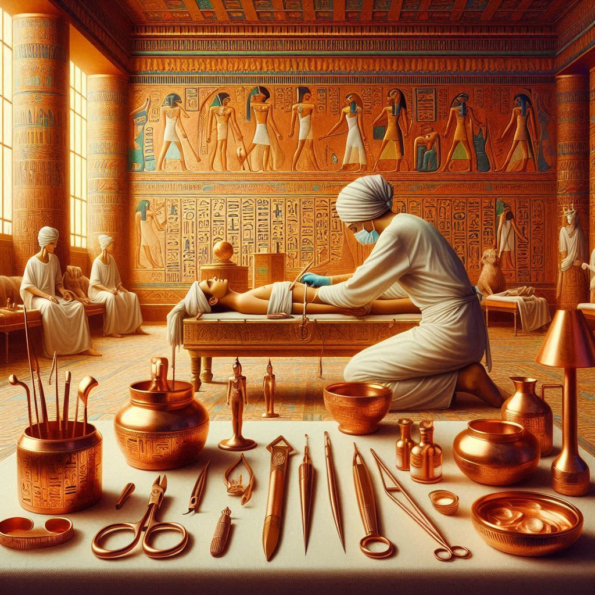
Archaeological Evidence
Archaeological discoveries offer compelling insights into the Egyptians’ utilization of copper. For instance, excavations have revealed copper surgical tools and medical implements, such as copper scalpels and forceps. These artifacts highlight the Egyptians’ advanced understanding of copper’s benefits. Additionally, artifacts found in ancient tombs underscore copper’s significant role in medical practices. After all, these findings reinforce the importance of copper in ancient Egyptian medicine, illustrating its lasting legacy in health and healing.
Copper in Traditional Chinese Medicine
Ancient Chinese Texts and Copper’s Role
In Traditional Chinese Medicine (TCM), copper holds a revered position due to its substantial health benefits. Ancient Chinese texts, including those compiled by Huang Di (The Yellow Emperor), describe copper’s role in early medical practices. Both in coins and utensils, copper was believed to enhance the flow of Qi, the vital life force crucial for health. This belief reflects the ancient Chinese understanding that copper could restore harmony within the body and its environment. Not only did these texts emphasize copper’s importance, but they also highlighted its esteemed status in ancient Chinese medicine.
Techniques and Innovations in TCM
Copper’s application in Traditional Chinese Medicine went beyond mere medicinal preparations. It played a pivotal role in several innovative therapeutic techniques. For example, in acupuncture—an iconic practice of TCM—copper needles were used to stimulate specific points on the body. If copper needles were employed, they were thought to harmonize energy flows and alleviate various ailments. Additionally, copper was utilized in moxibustion, a technique involving the burning of herbal substances near copper tools to enhance healing. All things considered, the integration of copper into these methods illustrates its fundamental role in TCM’s holistic approach.
Copper’s Medicinal Role in Other Cultures
Indian Ayurvedic Practices
In Indian Ayurvedic medicine, copper holds a revered place for its health benefits. Ayurvedic texts highlight copper’s use in detoxifying the body and enhancing digestion. Copper vessels, such as renowned copper water bottles, are traditionally used to store water. Drinking water from these copper containers is believed to infuse it with beneficial properties, promoting digestive health and balancing the body’s doshas. The practice of using copper in Ayurveda underscores its value in achieving overall wellness and maintaining balance. Whether used in vessels or treatments, copper’s role in Ayurveda remains significant.
Indigenous Practices in the Americas
Indigenous cultures across the Americas have also acknowledged the importance of copper in their medicinal practices. Native American tribes, for example, integrated copper into both spiritual and physical healing methods. Archaeological evidence reveals copper fashioned into ceremonial artifacts and medicinal tools. Copper amulets and charms were believed to protect against illness and evil spirits. Additionally, indigenous practices often involved using copper in poultices and healing mixtures. All things considered, the reverence for copper in these cultures highlights its role in holistic health care practices. Its widespread use underscores copper’s universal importance in traditional medicine.
The Science Behind Copper’s Medicinal Properties
Antimicrobial Properties and Modern Research
Modern scientific research has confirmed the medicinal properties of copper, particularly its antimicrobial effects. Studies show that copper surfaces possess natural antimicrobial properties, effectively killing bacteria, viruses, and fungi. If copper can significantly reduce the transmission of infectious diseases, then it proves to be a valuable material in healthcare settings. The application of copper in antimicrobial coatings for medical devices and hospital surfaces demonstrates its continued relevance. These findings align with ancient practices and beliefs, illustrating the enduring impact of copper on health.
Comparing Ancient and Modern Uses
Comparing ancient and modern uses of copper illustrates a continuity of ancient wisdom and contemporary scientific discoveries. Ancient cultures utilized copper based on empirical knowledge and experience. Modern scientific research supports and expands upon these early uses, revealing new applications and benefits. For example, copper-infused wound dressings now enhance healing and reduce infection risks. The ongoing role of copper in modern medical devices further reflects its evolving significance. The Amrit Life blend of historical knowledge and modern innovation underscores copper’s enduring value in medical science.
The Legacy of Copper in Modern Medicine
Ongoing Applications in Medical Tools and Treatments
The legacy of copper persists in contemporary medicine through its applications in various medical tools and treatments. Copper integrates into surgical instruments, diagnostic tools, and therapeutic devices due to its beneficial properties. For instance, antimicrobial coatings made from copper are used in hospital environments to reduce pathogen transmission. Advanced wound care products leverage copper’s natural ability to support healing. These applications highlight copper’s lasting impact on modern medical technology. The continued use of copper in healthcare underscores its ongoing relevance and effectiveness.
Influence of Historical Practices on Copper in Ancient Medicine
The historical use of copper has significantly influenced modern medical practices. Ancient methods and beliefs about copper’s medicinal properties have shaped contemporary health care approaches. Traditional practices involving copper in wound care and infection prevention have informed the development of modern copper-based medical products. By integrating historical knowledge with current scientific research, we honor and expand the legacy of copper. This fusion of ancient wisdom and modern science underscores the enduring significance of copper in medicine. The influence of historical practices on contemporary medical advancements highlights copper’s continued importance in health and healing.
Conclusion
Recap of Copper’s Historical Significance
In conclusion, copper has played a vital role in medicine across various cultures and historical periods. From ancient Egyptian and Greek practices to Traditional Chinese Medicine and Ayurveda, copper has been central to health and healing. Its ongoing relevance in modern medicine underscores its historical importance and enduring value. Exploring copper’s role across different eras highlights its profound impact on medical practices.
Key Takeaways and Reflection
Examining copper’s role in ancient and modern medicine reveals its significant influence on health practices. Understanding the historical context of copper’s use enriches our appreciation of its continued importance. Reflecting on these insights deepens our understanding of how ancient practices inform contemporary medical knowledge. The continued relevance of copper demonstrates its lasting impact on health and healing.
Call to Action
We encourage you to share your thoughts or experiences with copper in medicine. Consider how ancient practices might influence your own approach to health and wellness. Subscribe to our blog or follow us on social media for more insights into historical and modern medicine. Join us in exploring the fascinating legacy of copper and its impact on health practices throughout history.
